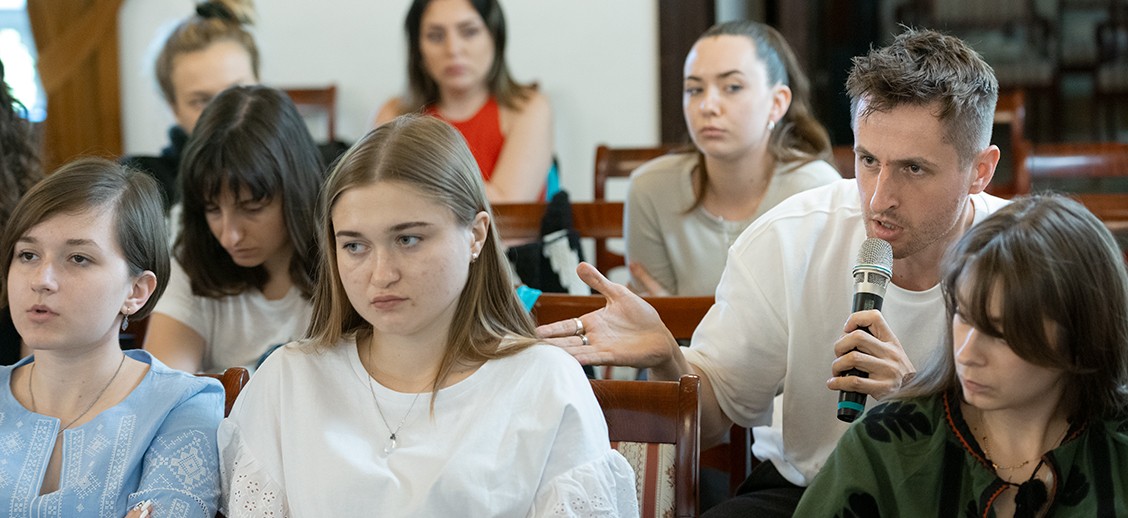
Daniel Moßbrucker: Ubiquitous Digital Surveillance – A Threat to Modern Journalism?
The morning began with a lecture by Daniel Moßbrucker, a journalist and PhD candidate specializing in data protection, titled "Ubiquitous Digital Surveillance – A Threat to Modern Journalism?". Moßbrucker traced the evolution of surveillance and its implications for journalists, highlighting significant events and trends. During the lecture, he noted that surveillance wasn't a major concern in European journalism until the early 2010s.
The 2013 Snowden revelations exposed extensive global communication interception by Western intelligence agencies, shocking society and underscoring the increased surveillance capabilities due to digitalization. Initial fears suggested that surveillance would deplete sources for journalists. However, recent research shows this fear is often overstated. While there is a temporary drop in source availability following surveillance revelations, recovery is typically swift. Surveillance's impact on human behavior is less dominant than other factors. Surveillance leads to self-censorship, increased security costs, and can deter sources from leaking information. Smaller media outlets sometimes find motivation in surveillance, viewing it as validation of their importance.
The privatization of surveillance, exemplified by the Pegasus scandal, represents a significant challenge for the next decade and as the expert states, “Surveillance isn’t as dominant in influencing human behaviour as other factors.” Therefore, the future is ripe with opportunity for a deeper understanding of human behaviour and how it presents in the face of digitalism and other working factors.












